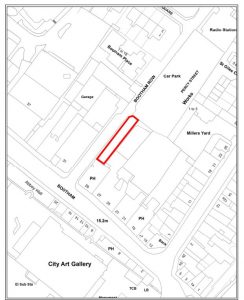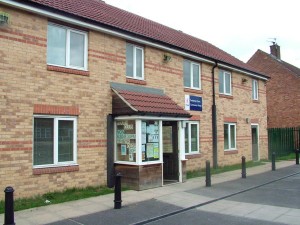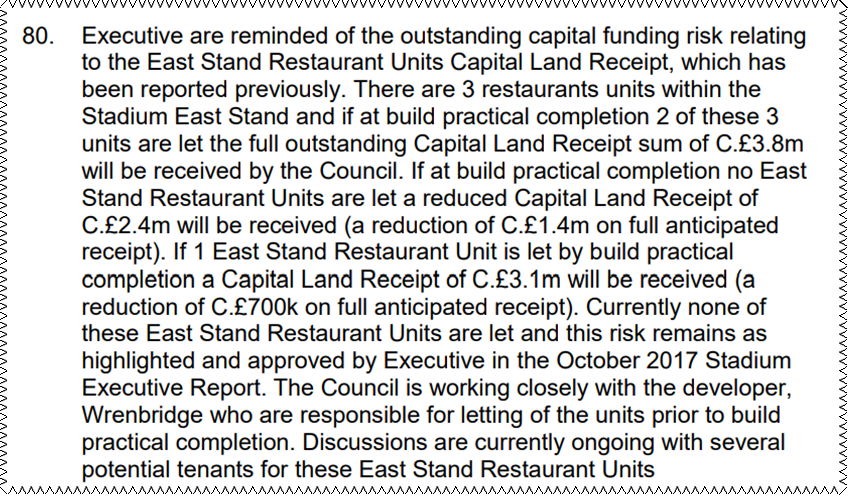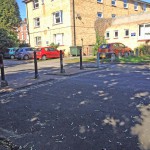New threat to sell off Council housing land

Land at Bootham Row to be sold
The York Council’s Executive is being recommended to sell off 5 car parking spaces at Bootham Row car park. The land (see map) also accommodates motorcycle parking.
The Council is hoping to raise £155,000 from a local developer who hopes to remodel 27 Bootham.
The car parking spaces generate over £7000 a year for taxpayers
Coming at a time when pressure on City centre car parks is being blamed for the accelerating decline in the City centre retail economy, the plan is bound to raise eyebrows. It is reminiscent of the plan, hatched in 2011 by the then Labour led Council administration, which proposed to sell off the nearby Union Terrace car park. That idea collapsed after being heavily criticised by both residents and traders.
Housing land sale
More alarming is the publication of a lofty document which seeks to justify a new “Asset Management Strategy”. It is due to be discussed by the Council’s Executive on 28th September.
The report claims that the last strategy, launched in 2011, has been a success.
Amongst the credulous statements that Councillors are being asked to believe, are claims that that the York Central and Castle Gateway sites “have been made more economically active” (In fact very little progress has been made on either project over the last 6 years).
The report goes on to claim that older people’s accommodation has been improved. Again, the reality is that the project is running 4 years behind schedule.

Sanderson House community centre
Most bizarre is a claim that leasing community centres to local organisations “have allowed voluntary groups to flourish, increase activity, improve outcomes and attract external funding”. The reality, at least at the two community centres in the Westfield area, is that volunteers have been given a crushing burden to handle with minimal Council support. Most ad hoc leisure events at the centres have stopped with most bookings now being from third parties (which the management committees have to accept simply to pay for running costs)
The Council has similarly jettisoned its commitment to many local sports facilities.
The report talks vaguely of joint use arrangement with other public-sector providers such as GPs.
It seems likely that the Council intends to target staff who work in neighbourhood buildings potentially repeating the disastrous policy – from a customer service perspective – of closing facilities like the Acomb Housing office and the Beckfield Lane recycling centre.

Derelict site behind Acomb Explore Library
The report says that 5 (unidentified) Housing department owned sites will either be sold or freed up for redevelopment.
The report pointedly fails to identify the location of these sites.
There are of course pieces of Council owned land which are crying out for development.
These include the land to the rear of the Acomb Library, which was schedule as an extension providing “one stop shop” facilities – with residential accommodation above – over 8 years ago.
We are still waiting to see some progress.






